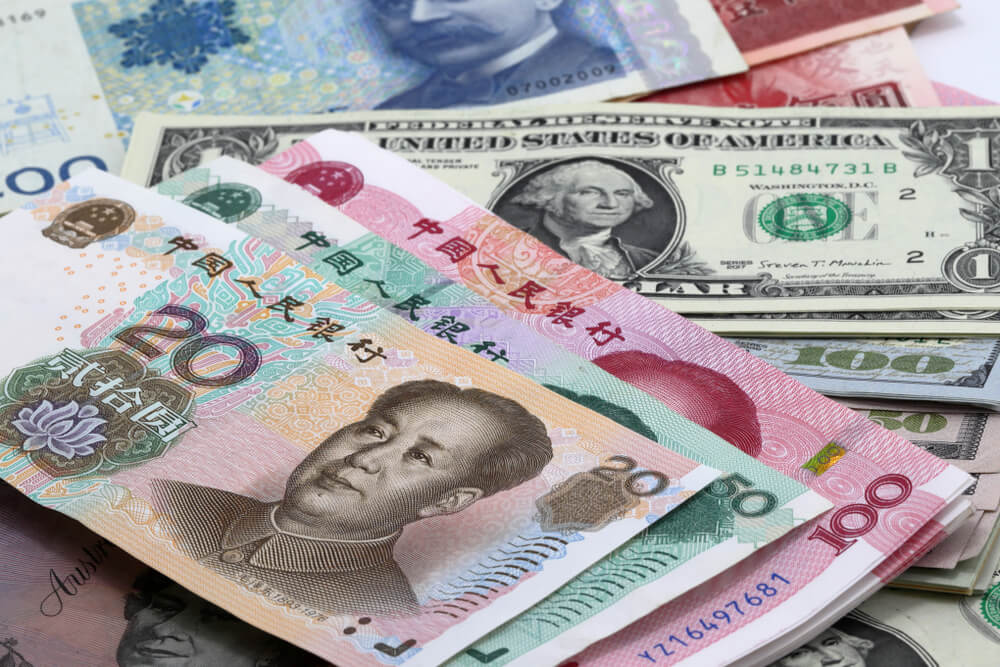When officials in China’s government heard Facebook CEO Mark Zuckerberg announce plans for a digital currency called the “Libra” in October, it made a decision to fast-track the implementation of its own digital currency. The Chinese government had been working on a digital version of its currency since 2014 and the looming threat of a potential competitor meant they needed to act fast.
‘Leaked’ trials
In April 2020, in the midst of a global pandemic, China started field-testing its digital currency in four large cities. Screenshots of China’s digital currency soon circulated on the internet, prompting government officials to announce that the new currency’s digital wallets were “part of the test in our research and development process and it does not mean the digital yuan has been launched officially.”
The trial run in Chengdu, Shenzhen, Suzhou, and Xiong’An meant that locals would receive part of their wages not in their bank account, but instead through deposits to a “digital wallet.” From that digital wallet customers could buy a hamburger at McDonald’s, pay for their morning coffee at Starbucks, or spend their earnings in participating shops, entertainment venues, and restaurants.
The government has stressed that it has no official timetable or launch date for the digital currency but currency traders and financial experts have nevertheless begun debating the potential threats and benefits. “American economic and geopolitical power is at stake,” stated Foreign Affairs, while Forbes published an op-ed titled “China could force Donald Trump and the Fed to destroy the US banking system.”
Going digital
The Chinese are already very familiar with cashless payments. Apps like Alipay and Wechat Pay mean Chinese people increasingly grab their phone instead of their wallet when it is time to pay at shops, restaurants, or even informal street vendor stalls, a user experience very similar to that of a potential digital Yuan.
After it became clear that the COVID-19 pandemic had hit Wuhan the worst, China’s government had trucks full of locally used cash shipped to be disinfected for reuse. Officials feared the virus could easily transfer through currency and initially planned to literally “launder” the money to clean and disinfect it.
But it soon became clear it was easier to replace the paper notes with digital currency and that the implementation of a digital currency meant that in a future crisis, money could be distributed instantly to citizens.
The Coronavirus crisis has already inspired the much-criticized Chinese government to ditch growth targets, something deemed unimaginable just a year ago, and could be set to again challenge the global financial and economic status quo with its newest innovation: “Central banking for all,” with the digital Yuan.
Cutting out the middleman
While some fear a possible long-term threat of the digital Yuan replacing the Dollar as the favored international currency, it is the banking system that should be most worried. The digital Yuan means that citizens, businesses, and the government can make payments without banks taking their cut.
Our global status quo means citizens get their money from their employer. They then deposit this in a bank account, and the bank then uses that money as collateral in order to borrow much more money from central banks, which banks use to make trades and invest just like any market trader would. In essence, banks hold depositors’ money, and use it to borrow more money to loan out or “play with” in the market.
That system is the part of the “financialized economy” in which we live, where banks produce no actual products but profit from their position in between central banks and citizens and businesses. That entire industry could be upended by China’s digital Yuan with citizens receiving and transferring money directly through their central bank with no fees or profits made.





